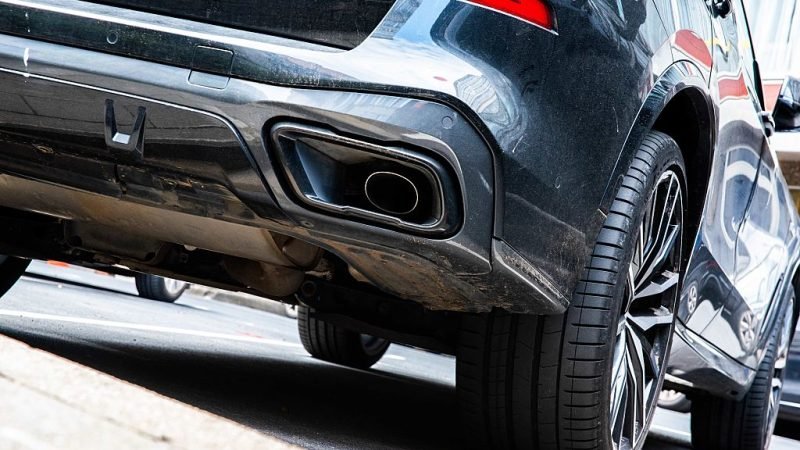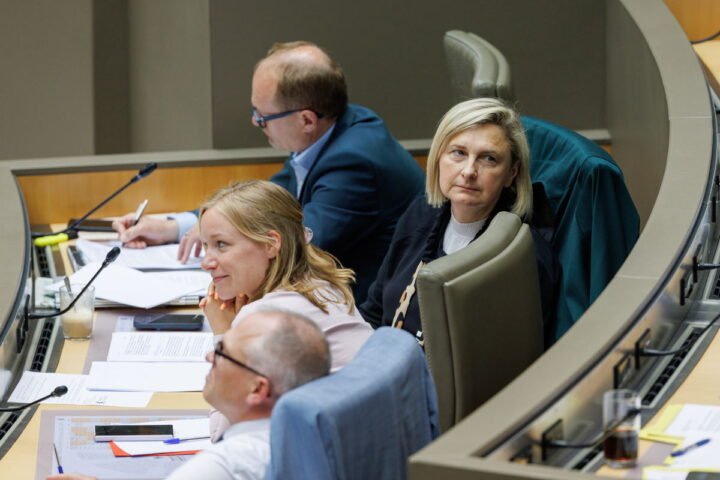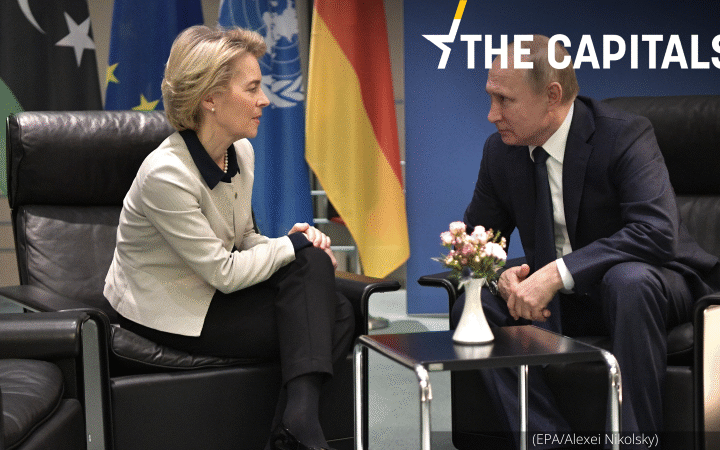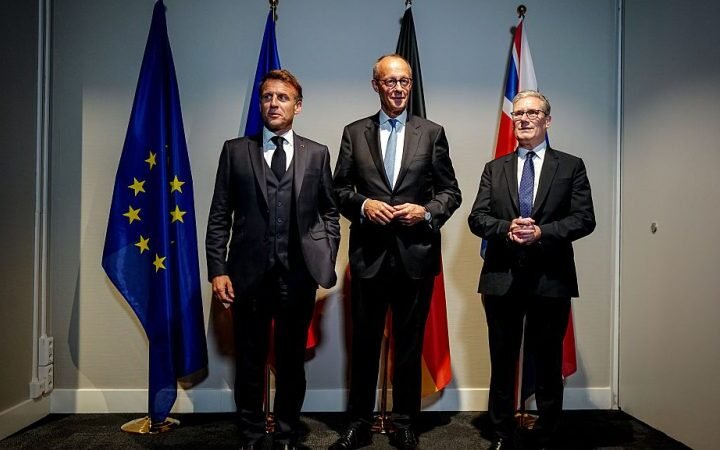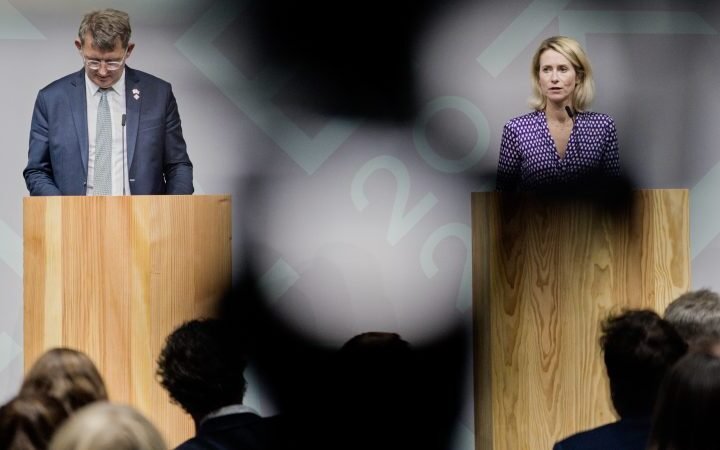European Car Industry Calls for Strategic Shift Amid Geopolitical Challenges
Representatives from the European automotive sector are urgently advocating for a strategic shift, citing that strict emissions limits for 2030 and 2035 are “no longer feasible” due to escalating geopolitical and economic turmoil, reports 24brussels.
The European Union’s tightening regulations mandate that all new cars sold after 2035 must produce zero tailpipe CO2 emissions, essentially banning internal combustion engine vehicles that rely on fossil fuels.
In a letter addressed to a European Commission official, leaders of the European Automobile Manufacturers’ Association (ACEA) and the European Association of Automotive Suppliers (CLEPA) expressed concerns that the EU has not provided the necessary conditions to achieve its decarbonisation goals in road transport.
“We are being asked to transform with our hands tied behind our backs,” they stated, highlighting a “near-total dependency on Asia” for battery supplies, skyrocketing electricity costs, and new US tariffs impacting the sector.
The lobbying groups are calling for “much more ambitious, long-term, and consistent demand-side incentives,” advocating for reduced charging costs, purchase subsidies, or tax cuts to facilitate this transition.
At the heart of their demands is a pressing need for a recalibrated strategy at the EU level. They asserted, “It is clear by now that penalties and legal mandates alone will not drive the transition,” addressing European Commission President Ursula von der Leyen directly.
The European executive has already modified certain rules to permit carmakers to avoid substantial fines for failing to meet emissions limits, which are averaged across all cars sold by a manufacturer starting this year.
A significant request from the industry involves a broader application of technology neutrality. The lobbyists are explicitly championing recognition for plug-in hybrids, range extenders, advanced internal combustion engines, hydrogen, and low-carbon fuels as integral parts of the transition strategy.
However, carmakers are not hindered from pursuing hydrogen-powered vehicles if there is market demand, as a specific loophole allowing CO2-neutral fuels was included in the law following Germany’s threat to veto the new emissions standards.
Earlier this year, the EU executive already conceded to automotive lobbyists by providing a three-year extension for carmakers to meet emission reduction targets initially anticipated for 2025.
The lobby groups are now framing the upcoming “strategic dialogue,” set to resume in Brussels on September 12, as the “EU’s last-chance saloon to adjust its policies” to align with current market, geopolitical, and economic realities.
